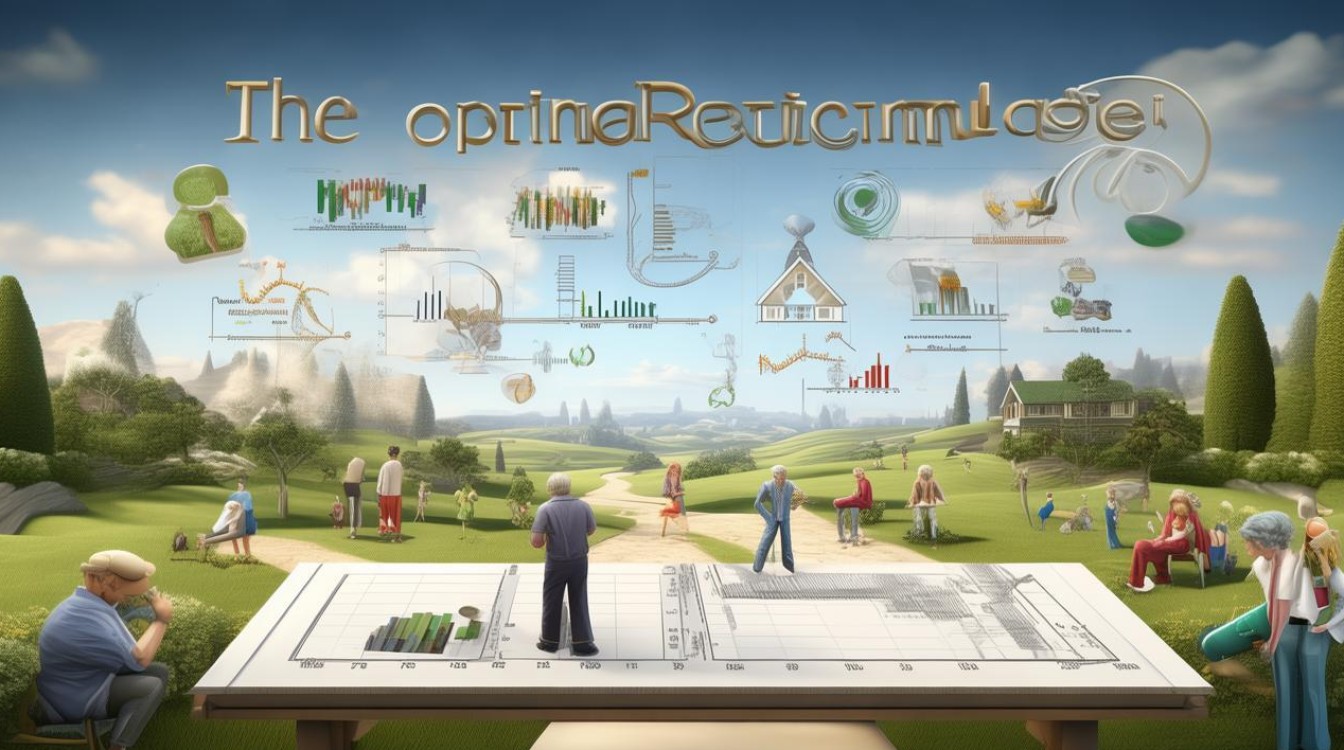Retirement marks a significant transition in life, yet the ideal age to step away from a career remains a deeply personal decision. While some advocate for early retirement to enjoy freedom, others prefer extending their professional lives for financial security or personal satisfaction. Determining the best retirement age requires evaluating health, financial readiness, and individual aspirations.

Health Considerations: The Foundation of Retirement
Physical and mental well-being play a crucial role in retirement planning. Studies indicate that retiring too early or too late can impact longevity and quality of life. Research from the National Bureau of Economic Research suggests that retiring at 65 correlates with improved health outcomes, as it aligns with access to Medicare and reduced occupational stress.
However, delaying retirement beyond 70 may lead to diminishing returns. Chronic stress from prolonged work hours can exacerbate conditions like hypertension or cardiovascular disease. Conversely, retiring before 60 without a structured plan may result in inactivity, accelerating cognitive decline. The key lies in striking a balance—exiting the workforce while still physically capable of enjoying hobbies, travel, or volunteer work.
Financial Readiness: The Numbers Game
Financial independence is the cornerstone of a stress-free retirement. Experts often recommend saving at least 15% of annual income, with a target of 10–12 times the final salary. For those relying on Social Security or pensions, timing is critical:

- Early Retirement (62–64): Claiming Social Security at 62 reduces monthly benefits by up to 30%. This option suits individuals with robust savings or passive income.
- Full Retirement Age (66–67): Receiving 100% of benefits, ideal for those with moderate savings.
- Delayed Retirement (70+): Benefits increase by 8% annually post-full retirement age, maximizing lifetime payouts.
A 2023 Fidelity report revealed that nearly 60% of retirees regret not saving more. Tools like the 4% rule—withdrawing 4% of savings annually—help gauge preparedness. Consulting a fiduciary advisor ensures alignment with market conditions and tax strategies.
Psychological and Social Factors
Retirement isn’t merely an economic decision; it’s an emotional one. Many derive identity and purpose from careers. A Harvard study found that individuals without post-retirement plans face higher rates of depression. Phased retirement—reducing hours or transitioning to consultancy—can ease this shift.
Cultural perspectives also influence timing. In Japan, "ikigai" (reason for being) encourages working past 70 if it brings joy. Conversely, European models often prioritize leisure, with countries like France setting the official retirement age at 62. Personal values—whether family time, creative pursuits, or lifelong learning—should guide the decision.

Case Studies: Real-Life Examples
- Early Retirement (Age 55): Sarah, a former IT manager, retired at 55 with a paid-off mortgage and rental income. She now volunteers at animal shelters, citing improved mental health.
- Traditional Retirement (Age 67): Robert, a teacher, waited until 67 to maximize pension benefits. He tutors part-time, staying intellectually engaged.
- Late Retirement (Age 75): At 75, Dr. Chen continues practicing medicine two days a week. "My work keeps me sharp," he says.
Global Trends and Policy Shifts
Governments worldwide are reevaluating retirement ages due to aging populations. Germany plans to gradually raise the age to 67 by 2029, while Singapore’s CPF system incentivizes working longer. Such trends underscore the importance of adaptability.
Making the Decision
There’s no universal "best" retirement age. A 58-year-old with ample savings and a passion for sailing might retire earlier than a 70-year-old professor who thrives on research. Regular health check-ups, financial audits, and candid conversations with family help clarify priorities.
Retirement should be a gateway to fulfillment, not just an end to labor. Whether at 60 or 70, the optimal age is the one that harmonizes security, health, and joy. As philosopher Seneca noted, "Life is long if you know how to use it." The art lies not in counting the years but in making the years count.


